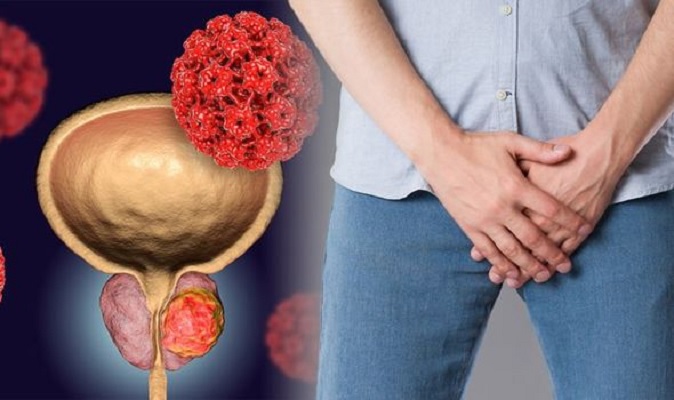Risk factors
The one between diabetes and erectile dysfunction is a long-known pairing, confirmed by numerous epidemiological studies. It is precisely the statistical data that tell us that:
- the erectile deficit is three times more frequent in the diabetic patient than in the healthy control population. The prevalence of this disorder in the diabetic population varies from 30% to 60% of subjects and increases:
- with aging:
- in case of poor glycemic control expressed by high values of glycated hemoglobin
- as the duration of the diabetic disease increases
- in case of microvascular complications and neuropathy
- in case of arterial hypertension associated with diabetes, and taking antihypertensive drugs (beta-blockers, methyldopa, and especially diuretics)
- if the subject is a smoker
- as alcohol consumption increases
- in case of obesity-associated with a sedentary lifestyle
- Diabetes and erectile dysfunction are so closely related that erection problems are the presenting symptom in 12% of male patients.
Causes
To explain why diabetes is so often associated with erectile dysfunction, various etiopathogenetic elements have been identified, that can complement each other:
- causes of a psychogenic nature: the awareness that diabetes is a chronic disease often associated with erectile dysfunction and other complications, can trigger performance anxiety in men. Fear of failure during sexual intercourse is a common cause of erectile dysfunction and contributes to erectile deficits of another nature.
- macro-vascular alterations: in the presence of diabetes not adequately controlled by drug therapies, excess glucose binds to the wall of blood vessels making them less elastic and altering their functionality. Diabetes is often associated with atherosclerosis, which reduces the patency of the great arteries by limiting the blood supply to the corpora cavernosa of the penis. Atherosclerosis can also directly affect the penile arteries.
- nerve alterations and endothelial dysfunctions: the alterations of the small blood vessels that carry blood, oxygen, and nutrients to the nerves, cause damage to the same (neuropathy). This reduces the synthesis of nitric oxide by the endothelium and nerve endings (nitric oxide is the fundamental mediator of erection)
Treatment
Identifying the causes of erectile dysfunction in the diabetic is the first step in establishing a suitable treatment for satisfying sex life. For his part, therefore, the diabetic patient with erectile deficit should, first of all, consult a sexologist in Noida, avoiding the spontaneous use of commonly used drugs for the erectile dysfunction treatment in Noida.
Beyond the additional risks deriving from a possible supply through channels other than the pharmacy, considering that among diabetics there are common complications affecting the heart, liver, and kidneys, which among other things require specific therapies with possible drug interaction, the drugs used for the erectile dysfunction treatment in Ghaziabad (such as Viagra, Cialis, or Levitra) may be contraindicated in the presence of diabetes. We, therefore, recommend that you consult the best urologist in Noida to establish the nature of this unpleasant sexual problem and remedy it through the numerous medical and pharmacological treatments available.






